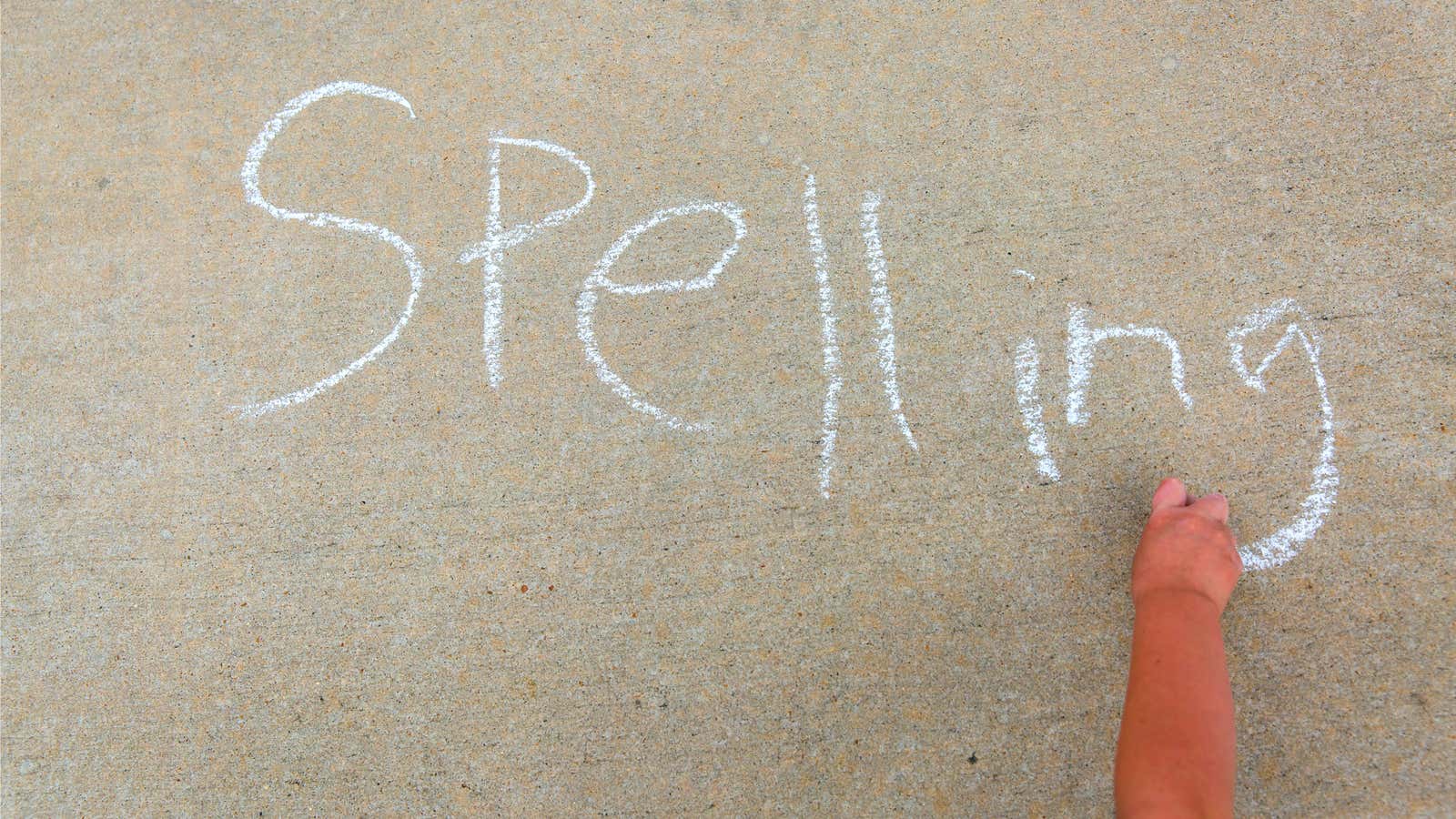Focus Less on Assignments and More on “core Skills”

As the end of the school year approaches and the long summer months approach, I am often asked two questions: Has my son learned everything he should have learned in third grade? And how the hell can I keep him from falling further behind without setting a consistent academic schedule during his summer break, which he finds to be fun?
Some tasks seem valuable to him, and some – busy work. I believe that preschool and elementary assignments have always been a mixture of both, but now, in particular, it can be difficult to tell one from the other. This is why Katherine Hill, an educator and parent educator, told the New York Times that parents can ask teachers about the basic skills their children need to learn.
Preschool and young learners require significant parental support to fulfill their distance learning obligations. But now in many families such supervision is not possible. One way to find out which assignments are most important, Hill says, is to ask the teacher what skills your child should be learning by the end of the school year. Then try applying these skills to your child’s natural activities.
Because of the way this school year has gone, there is a good chance they will not master key skills by the start of summer break. But if you figure out what those skills are now, you can focus on them for the rest of this distance learning situation. And then, as spring turns into summer, you can find ways to use those skills in fun, everyday activities.
For example, one skill that I had a lot of focus on in my son’s class is the ability to write two consecutive five-sentence paragraphs on … whatever. The story they read, or the food they like, or the place they want to visit someday. The topic itself is practically irrelevant; the main thing is the practice of writing paragraphs.
So, in the summer, I could invite my son to keep a diary of all our pandemic adventures. Or I could advise him to start writing letters to a friend who is leaving. Or we could paint the sidewalk with chalk, drive to his grandparents’ house and write them messages on their driveway. There are many ways to make writing not so much a “task” as a fun activity that we do to communicate with the people we love.
If they need to practice addition and subtraction, take them from the kitchen, pick a recipe, and cut it in half or in half. There is no better math practice than recalculating the amount of ingredients.
You can practice timing by deciding how long you will work on a puzzle together and looking at the clock. Practice reading by going through the board game instructions together, scrolling through the sidewalk menu items, or simply turning on the TV subtitles .
Talk with your child’s teacher about what core skills they should focus on, and then look for simple, laid-back ways to put those skills into practice as we move from school to summer.